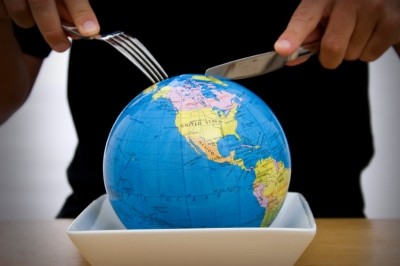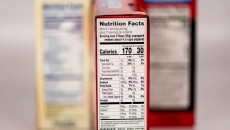Globalization increases risk, but imports are industry responsibility
Speaking at the ASM meeting on Monday, Michael Doyle of the University of Georgia said that an increasing quantity of imported food and food ingredients from developing nations is increasing the risk of food contamination in the United States. However, he added that consumers should not rule out ingredients from entire countries as ‘unsafe’, pointing out that most food manufacturers will only import ingredients if they can verify that they have been produced in sanitary conditions.
"It is incumbent on food processors to ensure ingredients or products they import are produced under good sanitary practices,” Doyle said. “It is the industry that is responsible for producing safe food.”
Part of the problem is that there is such a huge quantity of food being imported into the United States that the Food and Drug Administration (FDA), which is responsible for ensuring the safety of more than 80 percent of the US food supply, can only inspect a small amount of it.
According to government figures, imports account for about 15 percent of the total US food supply, including 60 percent of fresh fruit and vegetables and 80 percent of seafood. The Government Accountability Office says there are about 189,000 registered foreign sites where food is made for sale in the United States, but the FDA only inspects a tiny fraction of them – just 153 in 2008.
While Doyle says that US food manufacturers should take responsibility for producing safe foods, government also has a role to play.
“It is the government's responsibility to verify that they are providing safe foods," he said.
In addition, Doyle highlighted that food safety standards are not the same throughout the world, pointing to the use of domestic sewage and livestock manure in some Asian fish farms, and the use of pesticides for agriculture and antibiotics for fish and shrimp production in China that are not approved for use in the United States.
"The reality is we are going to continue to import foods at a greater rate in large part because labor costs in developing countries are much lower than they are here,” Doyle said. “We are going to see more food coming from developing countries which frequently have lower standards for producing foods.”
But he warned against blacklisting certain countries’ imports, considering that US food makers are generally very careful to ensure ingredient safety.
He said: “Just because it comes from a particular country that does not necessarily mean it is bad."














